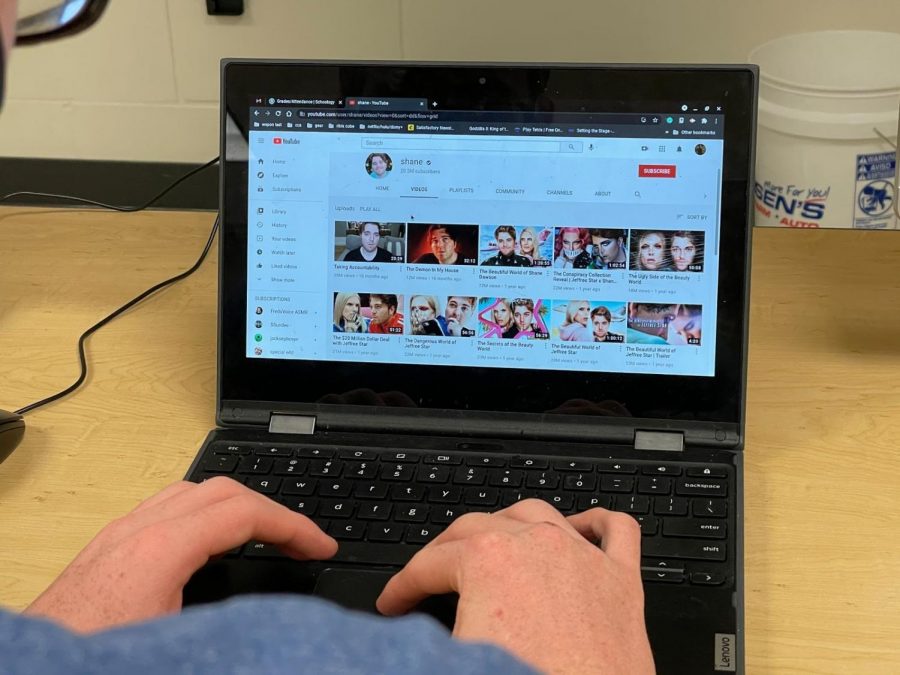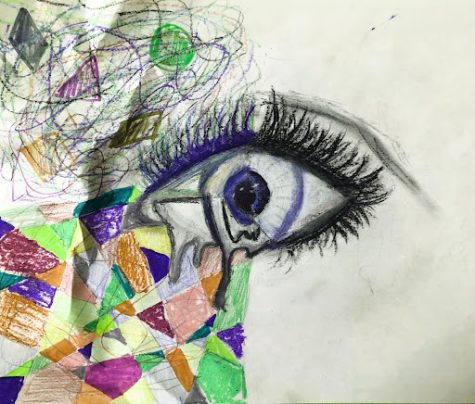Morals Over ‘Cancel Culture’
May 12, 2021
Social media is now the number one most used method of communication. It has consolidated people from all over the world; creating friendships that might not have been possible without the internet. But as the American novelist Gregory Maguire says, “The eye is always caught by light, but the shadows have more to say.”
The recent call outs of ‘cancel culture’ has shown its pernicious side as people of the internet continue to tear others apart after their wrong doings. The rise of cancel culture at first had good intentions. A source from the New York Times stated that it started out as an exploration to find information on a person, object, or organization that a person might find of curiosity; However, it then focused on alleged “wrongdoers”.“Once these offenders were identified and their personal details exposed online, they were hounded, verbally flogged and effectively expelled from the community.” Holding the governmental and celebrital figures accountable for their misconduct is critical, because at the end of the day, almost all large corporations and famous celebrities get away with atrocious and immoral acts. The problem is, social media doesn’t know when to stop.
It is justified to stop supporting and or buying products of the one being ‘cancelled’; however, doxxing and sending the person or organization spiteful messages that cross human moralities is never the way to go.
Let’s take for example, Shane Dawson. Known as the American youtuber who was ‘cancelled’ in 2020 after multiple past social media videos and posts resurfaced. The internet, avowing he was racist, a pedophile, and overall “problematic”, took no mercy on him as they spread the word that he was ‘cancelled’. In addition to being ostracized, the youtuber received vindictive messages, death threats, as well as being told to end his life.
What many fail to consider in the online world is that you don’t know who is behind the screen. People dealing with mental illness, abuse, tragedy, etc, can be affected by your words. Online and in the real world we need to be more compassionate and humane. Why do we cyberbully a person online for saying or doing something we disagree with? There are measures we can take before harassing others to get our point across.
I advise anyone who is reading this to think before posting, commenting, or sending a DM (direct message). It is an overused saying but a very important one. We are all human and make mistakes. Even for those who are considered heinous, is it worth losing your morals to send them that vicious message?
Work Cited:
- Lirio, Raven. “Cancel Culture: Positive or Negative? | Mast Media.” Plu.edu, 9 Oct. 2020, mastmedia.plu.edu/2020/17356/. Accessed 2 Mar. 2021.
- “The Long and Tortured History of Cancel Culture.” The New York Times, 2021, www.nytimes.com/2020/12/03/t-magazine/cancel-culture-history.html. Accessed 2 Mar. 2021.
- “How Do You Feel about Cancel Culture?” The New York Times, 2021, www.nytimes.com/2020/11/13/learning/how-do-you-feel-about-cancel-culture.html. Accessed 2 Mar. 2021.
- “TOP 25 QUOTES by GREGORY MAGUIRE (of 217) | A-Z Quotes.” A-Z Quotes, 2011, www.azquotes.com/author/16966-Gregory_Maguire. Accessed 2 Mar. 2021.
- Dodgson, Lindsay. “How Shane Dawson Went from ‘King of YouTube’ to the Biggest Fall from Grace the Platform Has Ever Seen.” Insider, Insider, 2 July 2020, www.insider.com/how-shane-dawson-went-from-king-of-youtube-to-canceled-2020-7. Accessed 3 Mar. 2021.








